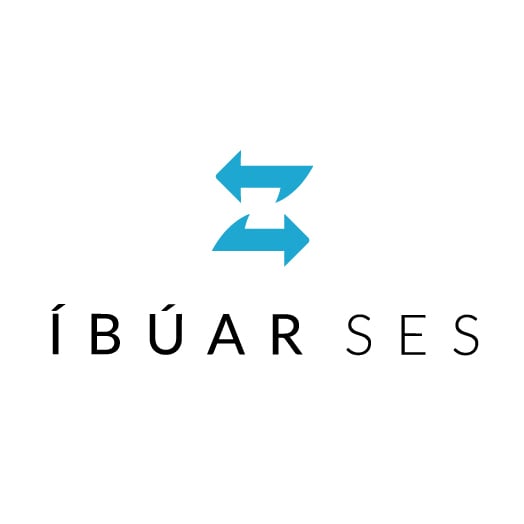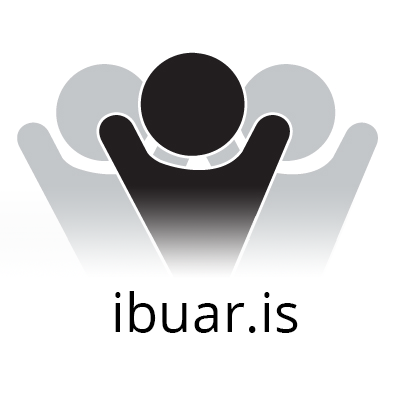
08 sep Can we trust privatised democracy?
Can we trust privatised democracy?
Article first published on Medium.
Democracy is at crossroads today. Our formal, official democracy is still being done mostly the same way as it has for hundreds of years. For most of that time our society changed slowly but that is no longer the case. In the last few decades our world has changed so much so fast that there are no precedents in our history. We live in unique times and therefore we face unique challenges.
Our democracy has not kept up with those changes and although it should not change too much too fast we can not allow it to be stuck in a fixed mould that fit our society a 100 years ago. Voting every four years made sense in 1917 with transportation and communication being what it was at that time but today is not sufficient on its own as is manifested in declining trust in democracy in many countries.
Of course we must have continuity, we don’t want a new government every week but we as citizens should have a formal and active means of taking part in the decisions and policymaking that influence and control our lives. A big part of the changes needed will be online as our democracy must reflect our reality in order to function properly.
In the last decade there have been many experiments with new forms of democracy, many processes have been tried out and a myriad of online software has been developed. Democracy is slowly being upgraded, mostly by grassroots civic hackers working on the local government level with the best results when collaborating successfully with official authorities.
We do not lack good options for upgrading our democracy, be it processes or software but there is now a danger that our democratic processes will be privatized. As the new field of electronic democracy has gained a foothold commercial companies have realized that profits can be made from it. To be sure, the corporate world is a part of our society and it should have an influence on decisions and policies but they arguably already have too much influence. Corporations must not be allowed to control our democracy as they represent their shareholders not citizens.
It’s not only the Facebook filter bubble that’s the problem, it’s more serious than that. There are probably more people using Facebook than participating formally in democracy worldwide and a big majority of our political discussions take place there. Facebook’s secret algorithms control what each citizen sees of other people’s opinions and the same applies to Google searches. Those who can pay Facebook or Google can reach a much bigger audience but they mostly reach the people that agree to their worldview, to maximize our budgets we use adverts that work well, that a big percentage of viewers click. This is the real digital divide, this is a huge problem that has already created opinion trenches the world over.
In the past decade a new movement of civic hackers has been born that promotes bottom up democracy, designed and operated by the people. The key element of this movement is open source software, where democratic innovators make their designs and software open for anybody to use or modify for their needs. Cities like Reykjavik, Madrid, Barcelona and many others have taken a firm stand with open source public democratic innovations.
Trust is a key factor in democracy, without trust it does not work. Auditable open and public code and servers are a critical key element in ensuring transparency and fairness which are basic requirements for trust. If our democracy will be hosted on closed and secret e-voting platforms owned, operated and controlled by corporations like Microsoft, Google or Facebook we are moving into a world of privatized democracy which will always have the interests of its owners at heart. As democracy moves online we must make sure that we can trust both the software and the processes and that control is in the hands of the people and their elected representatives.
For more information about the Citizens Foundation and open source democratic innovation you can visit http://www.citizens.is/
Authors: Gunnar Grímsson & Robert Bjarnason
Originally published in print March 2017 by the Progressive Post in 3 languages. http://www.feps-europe.eu/


